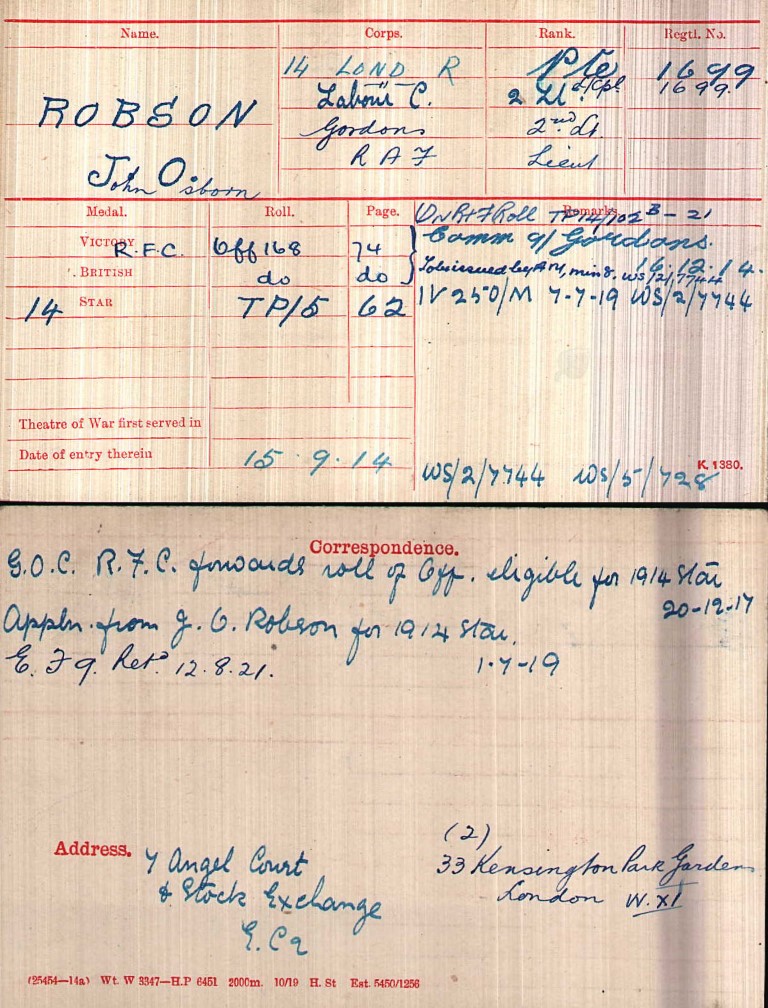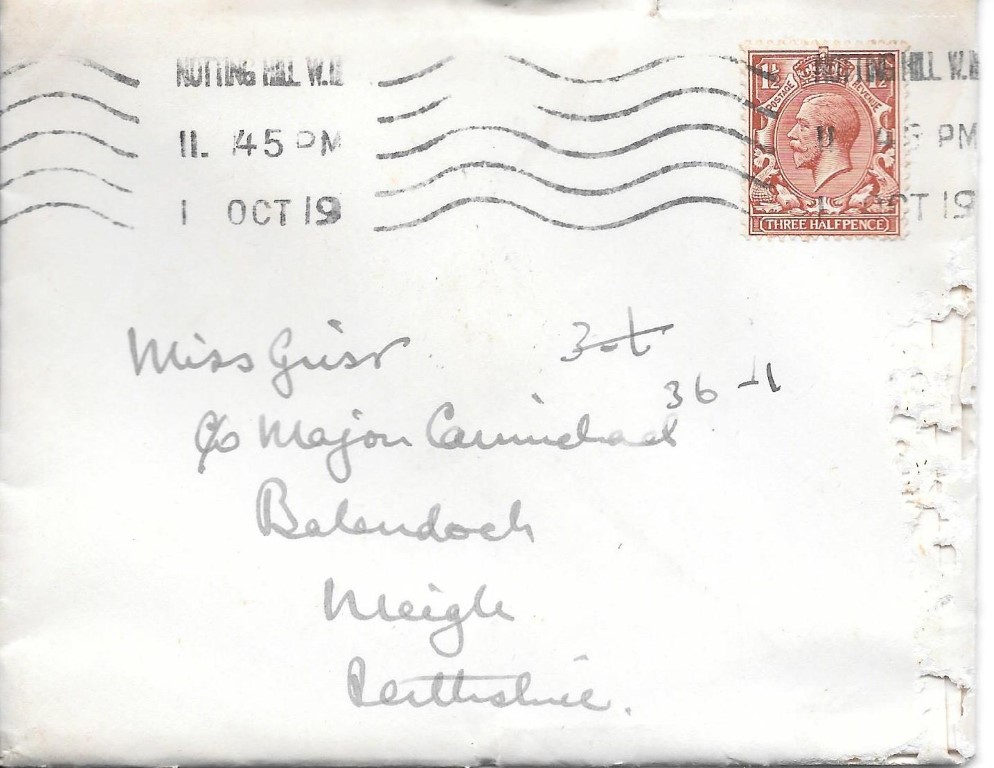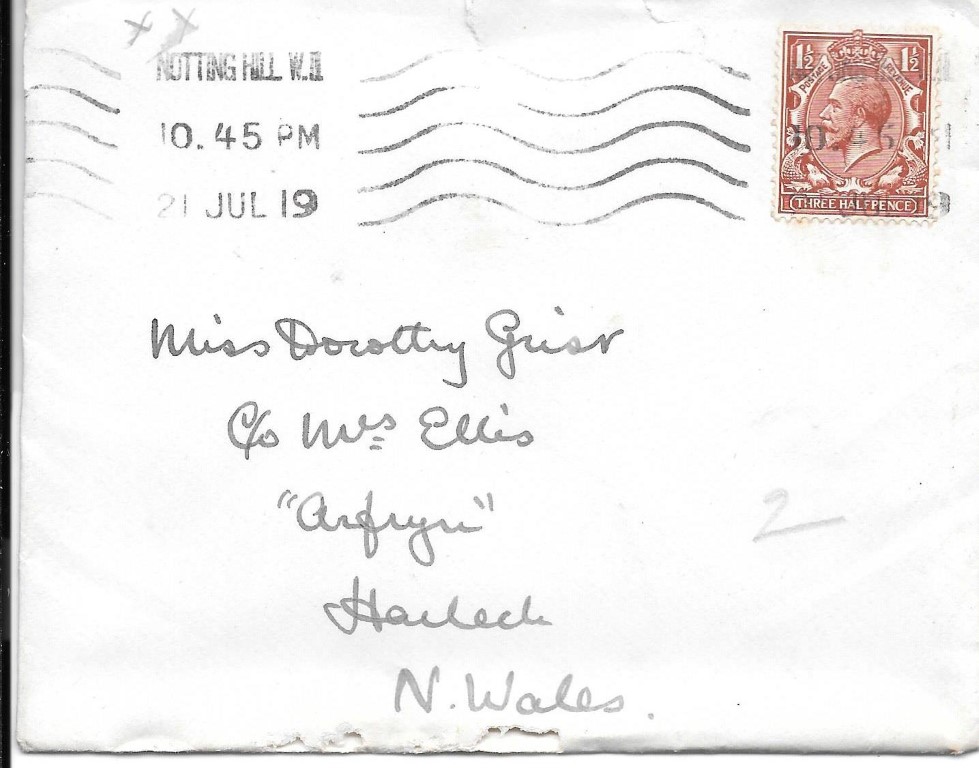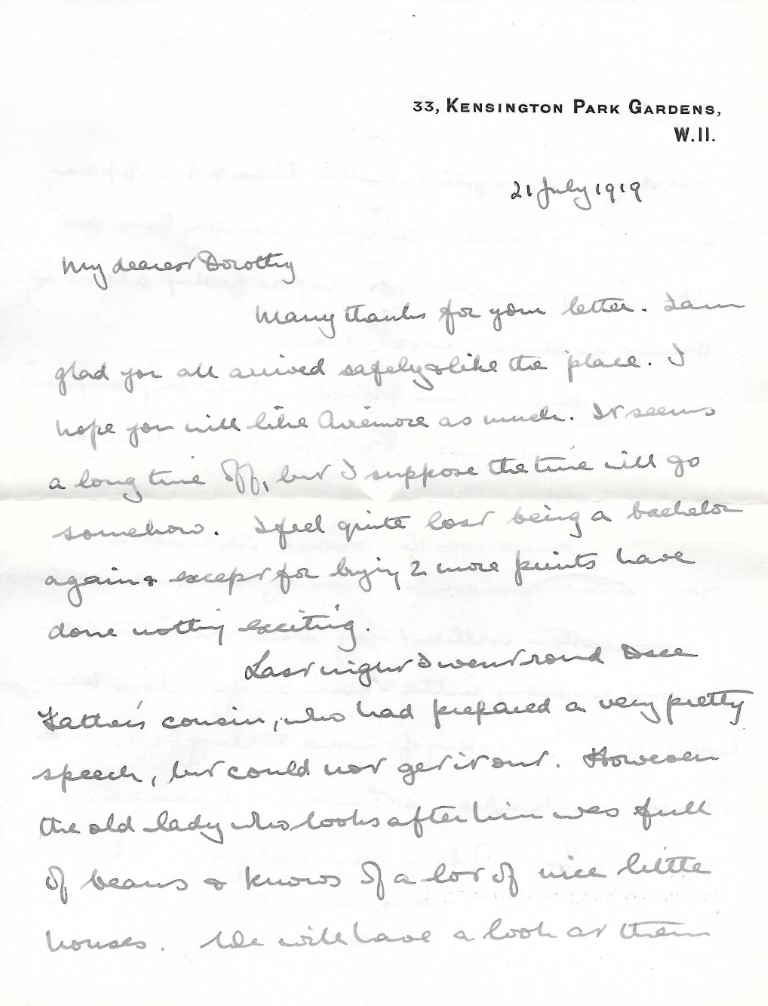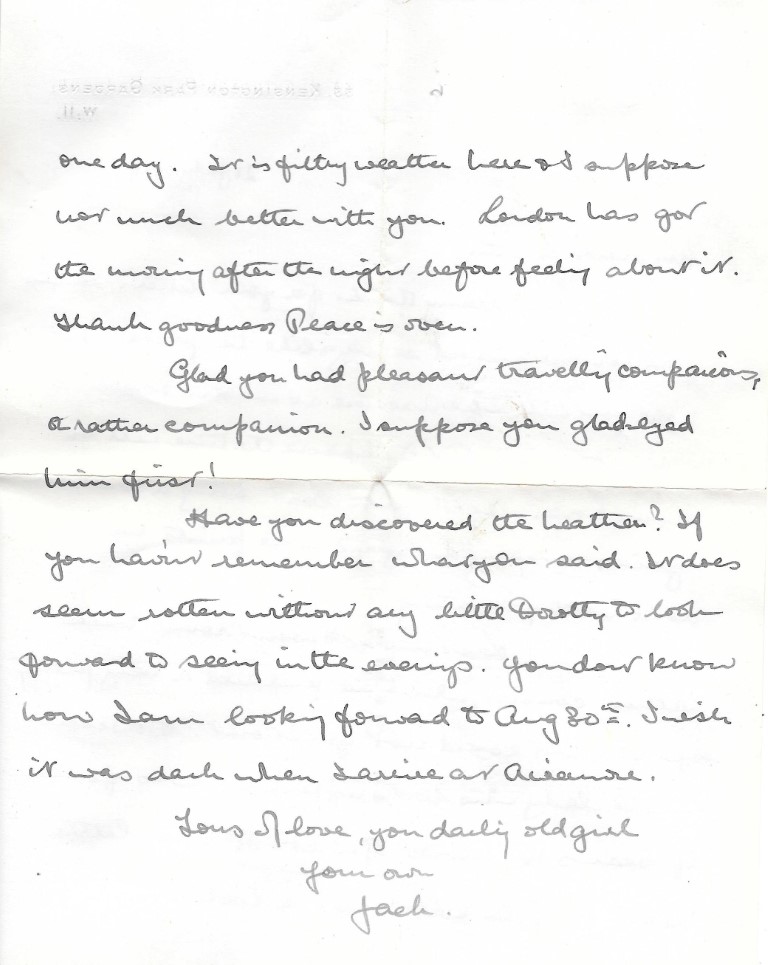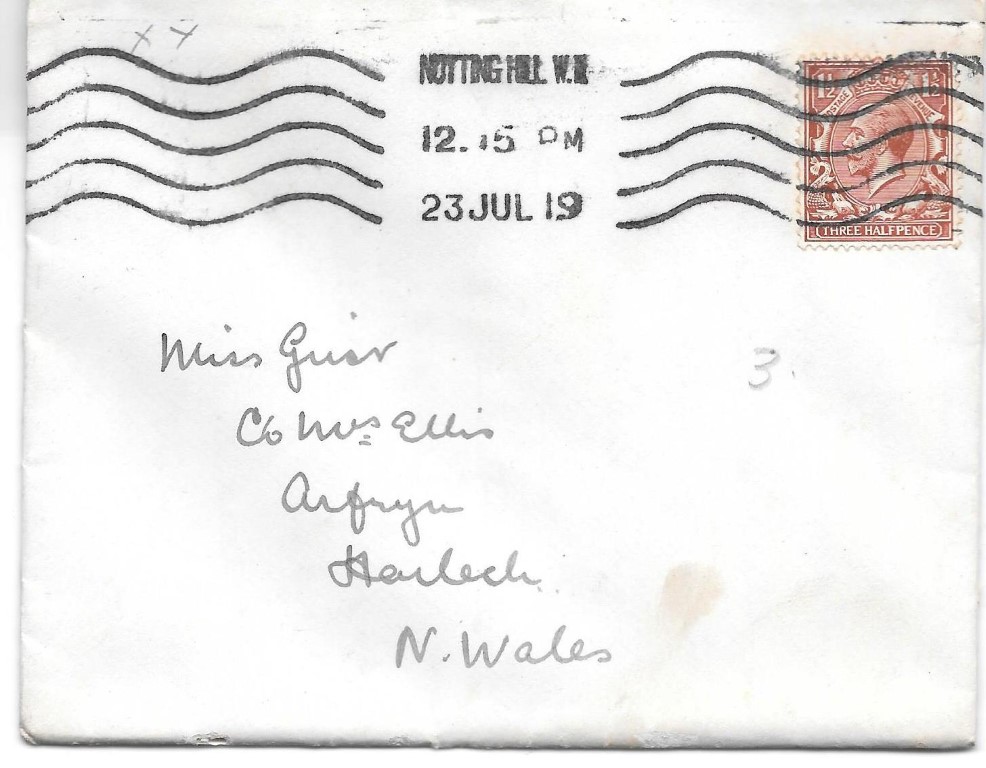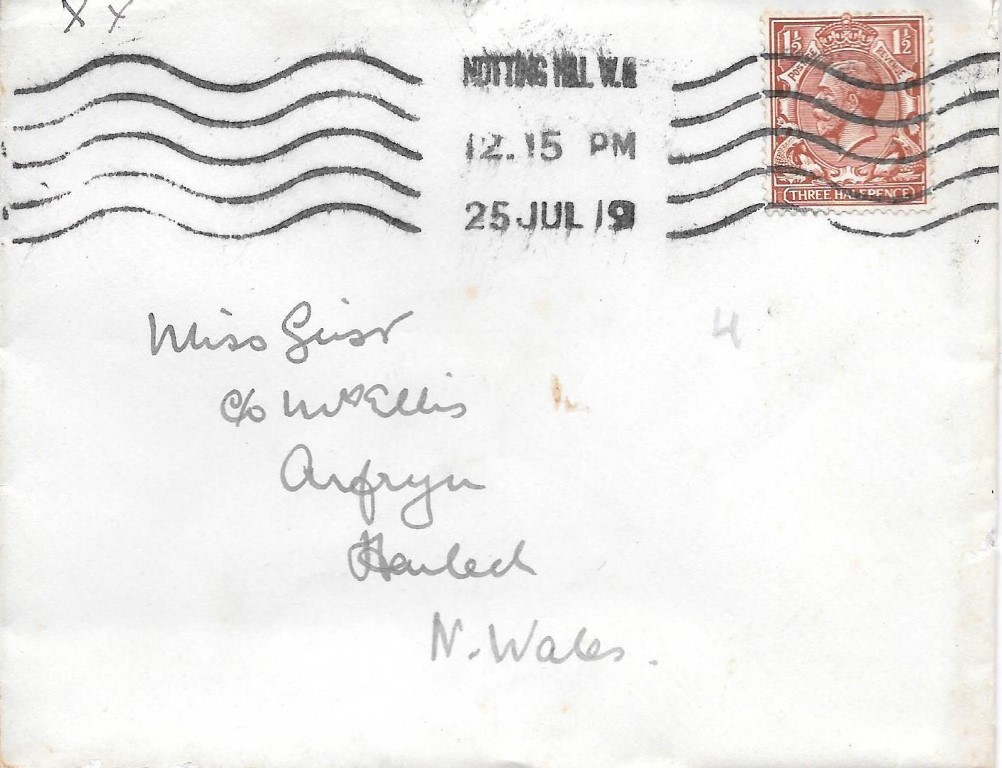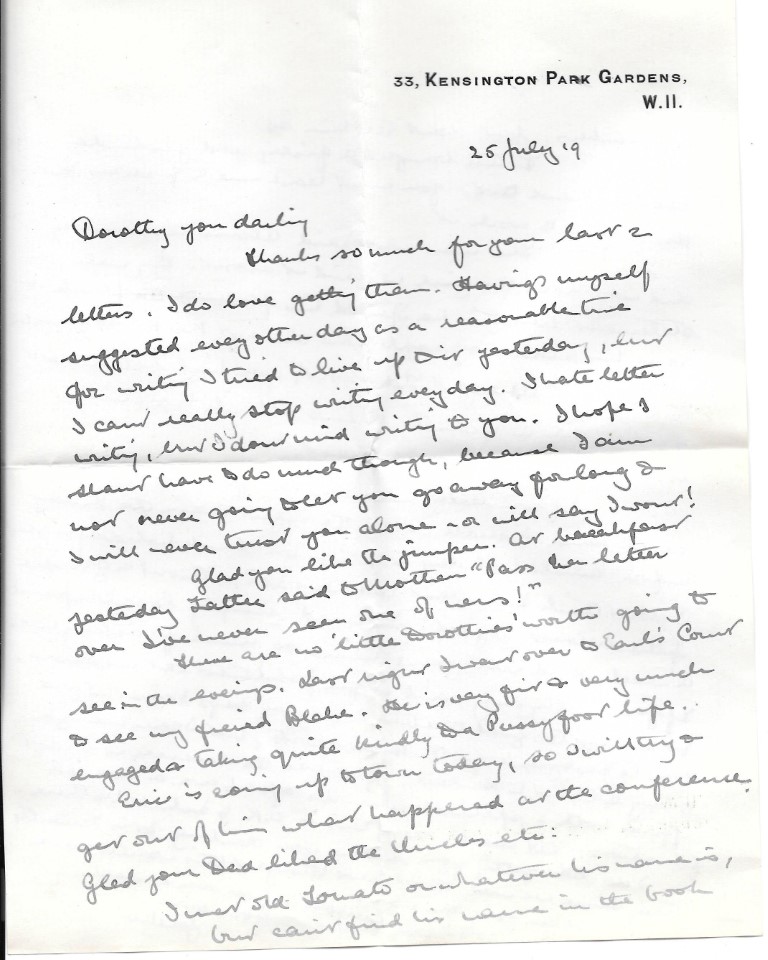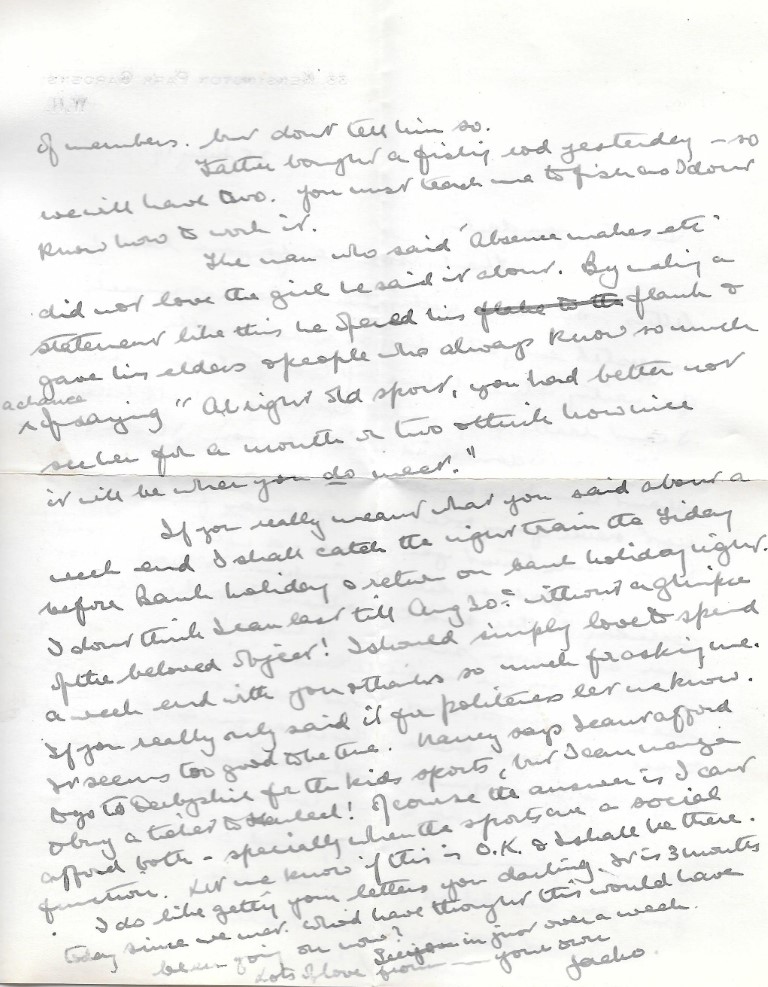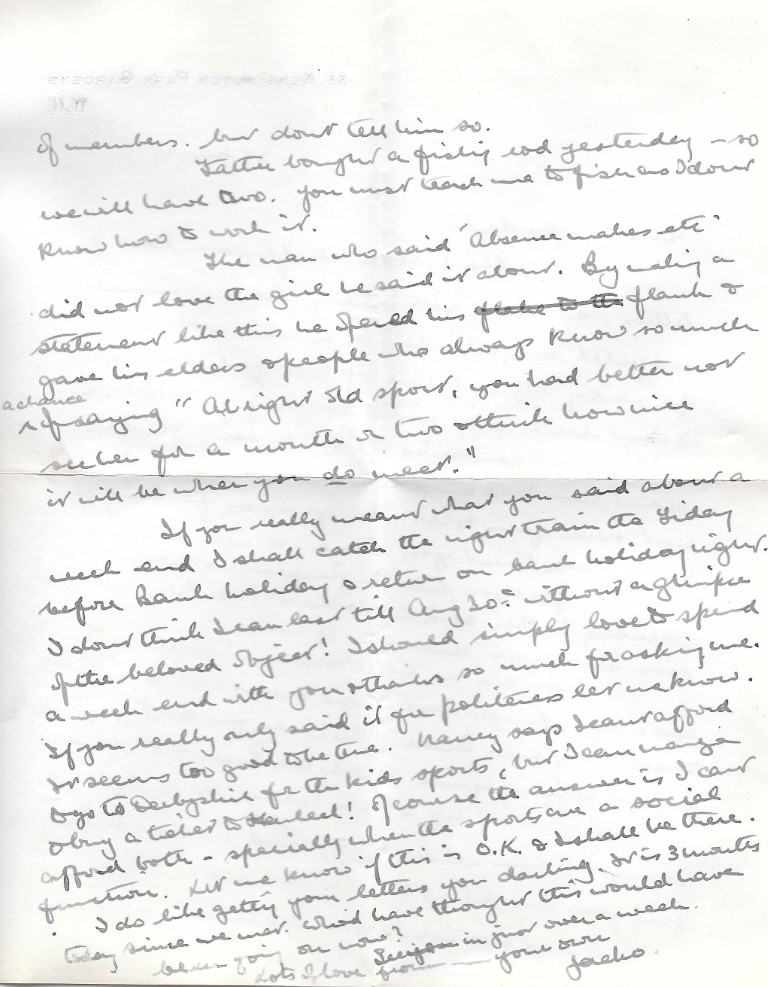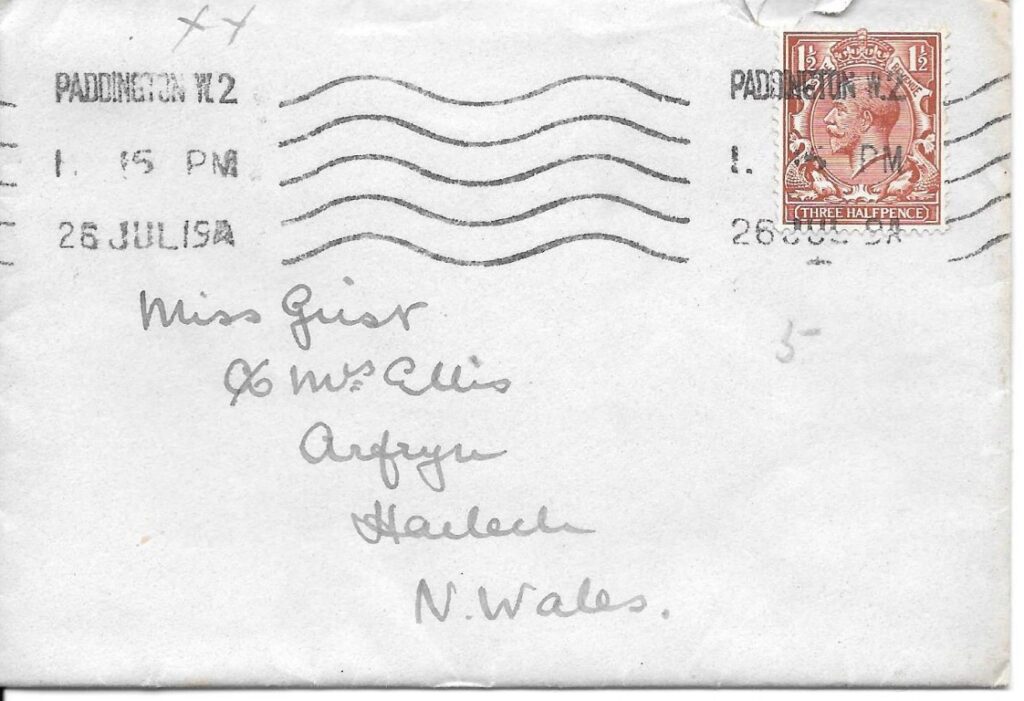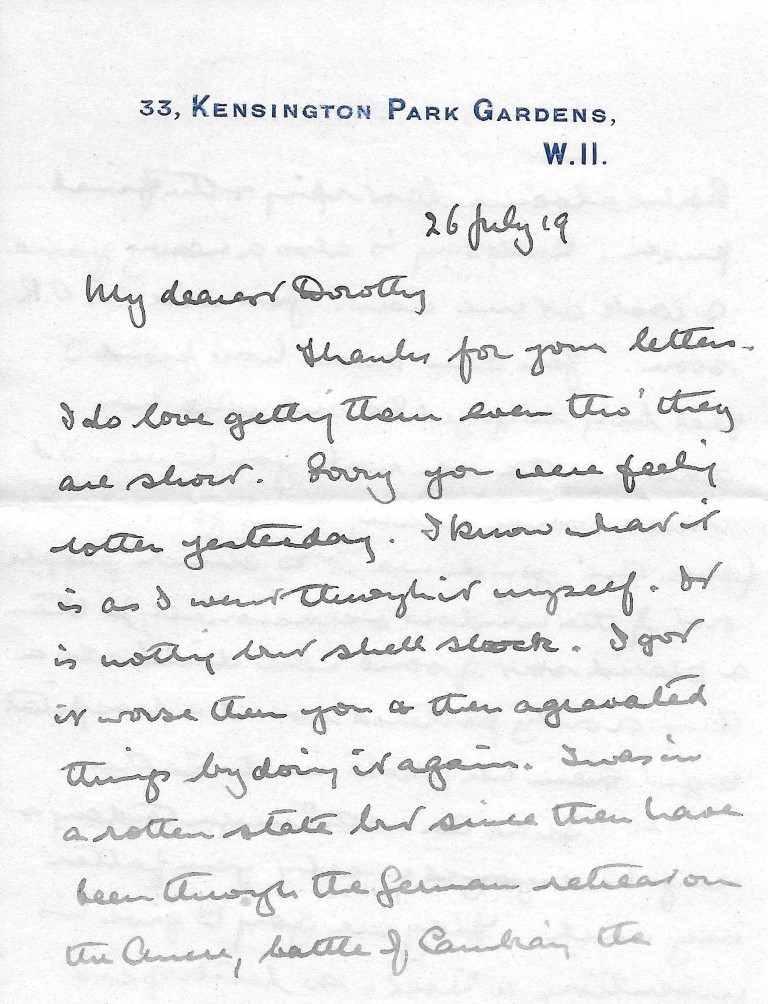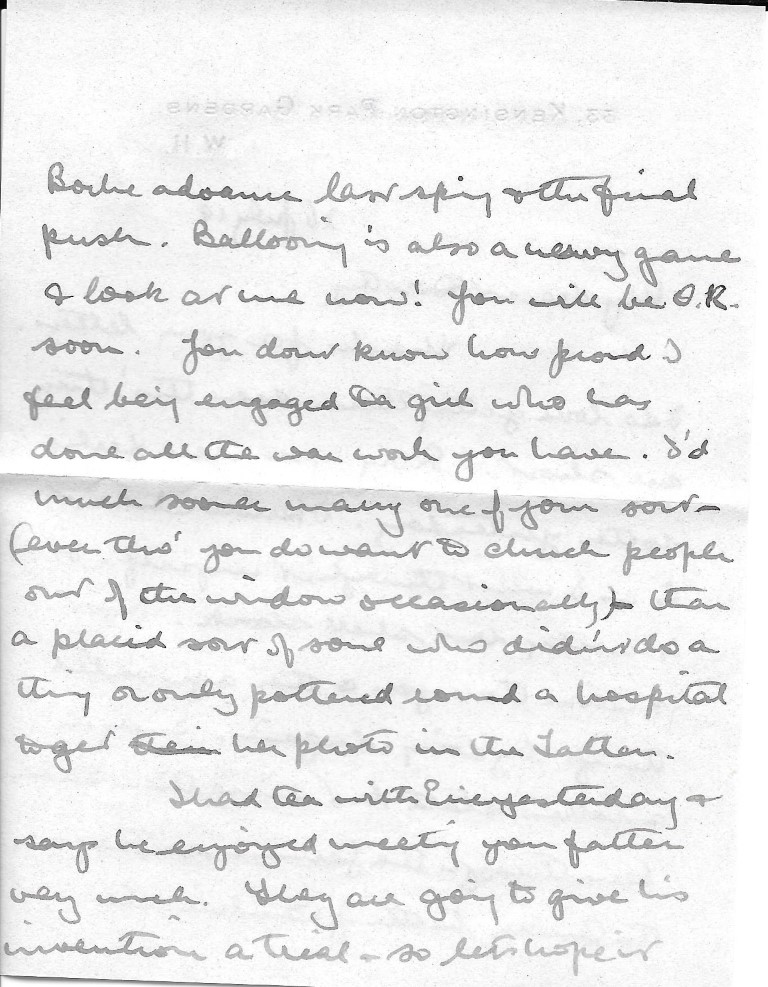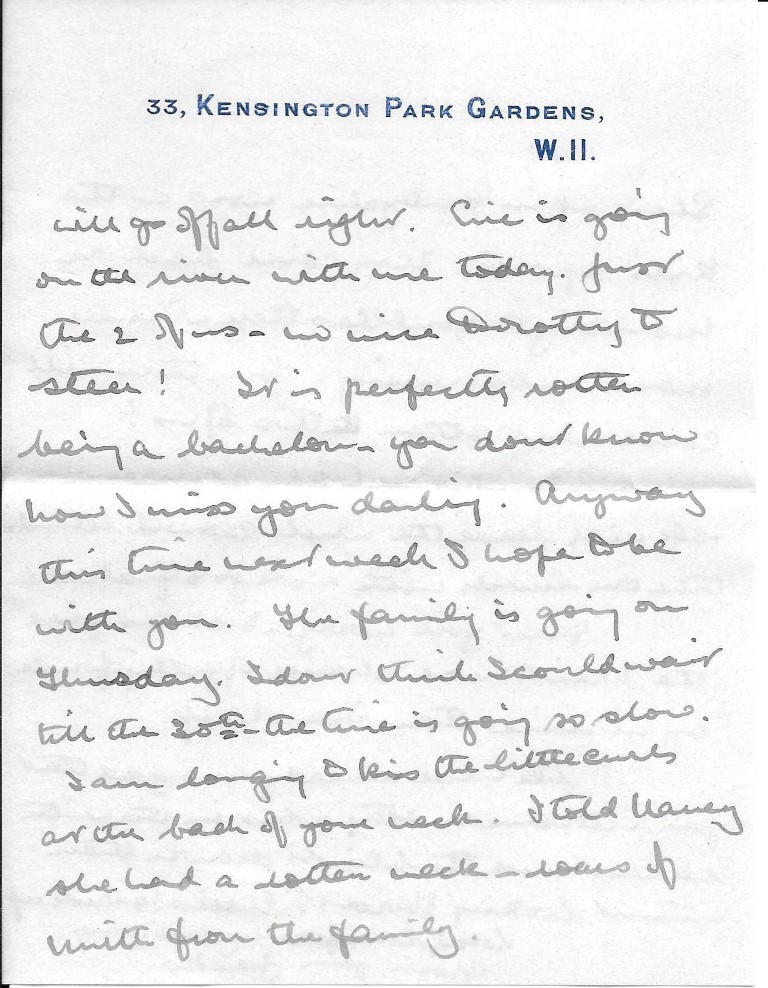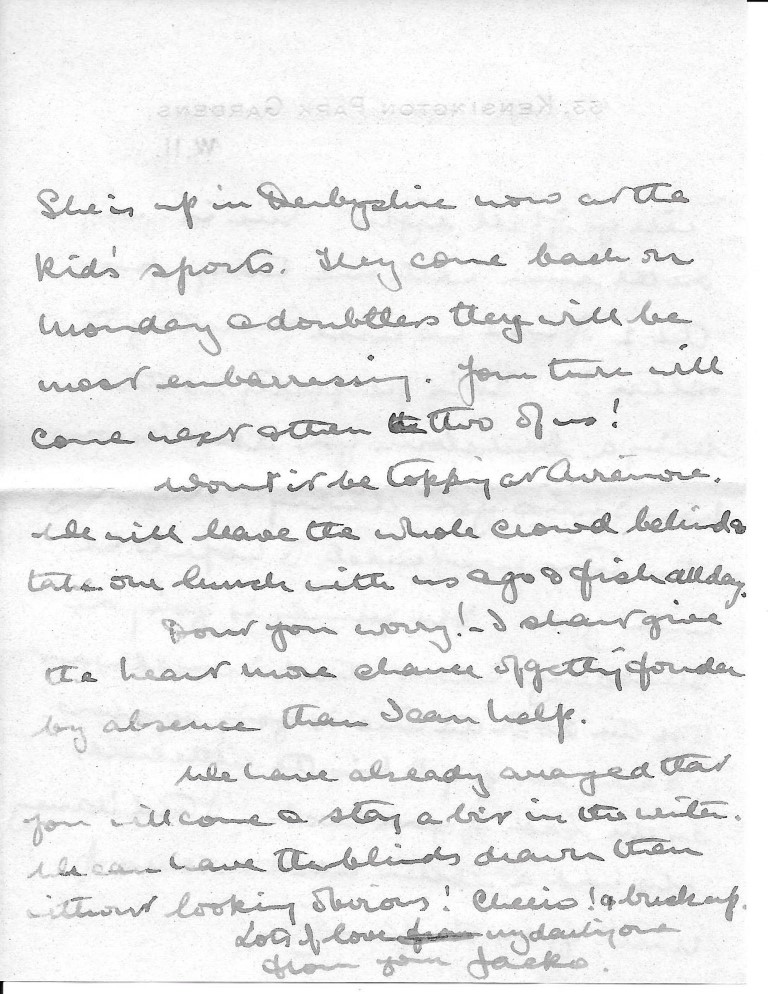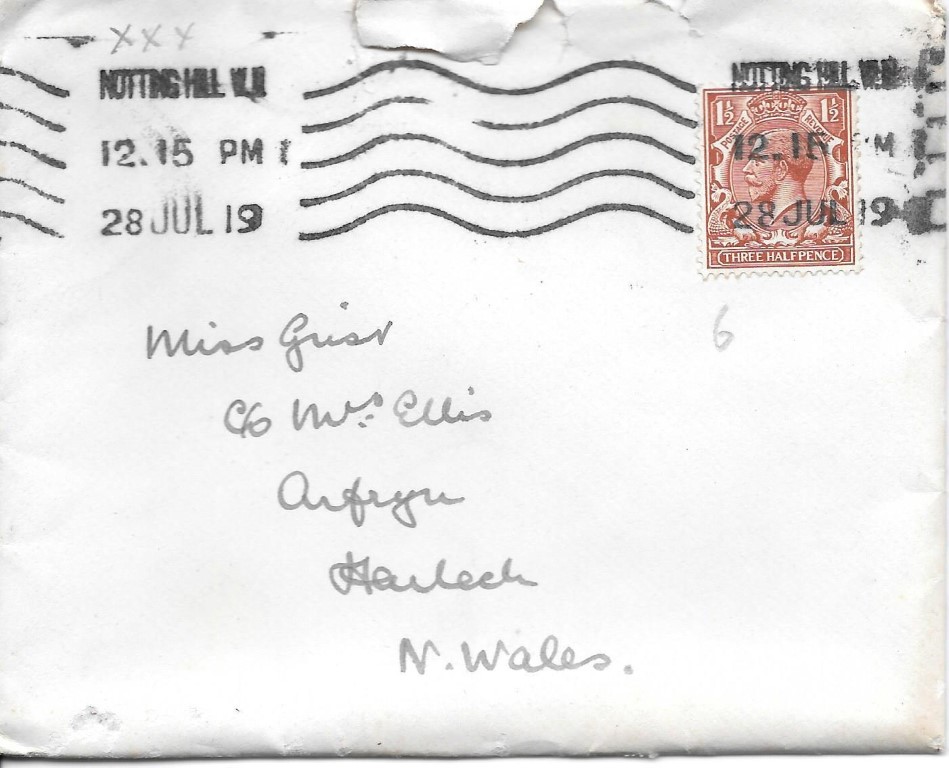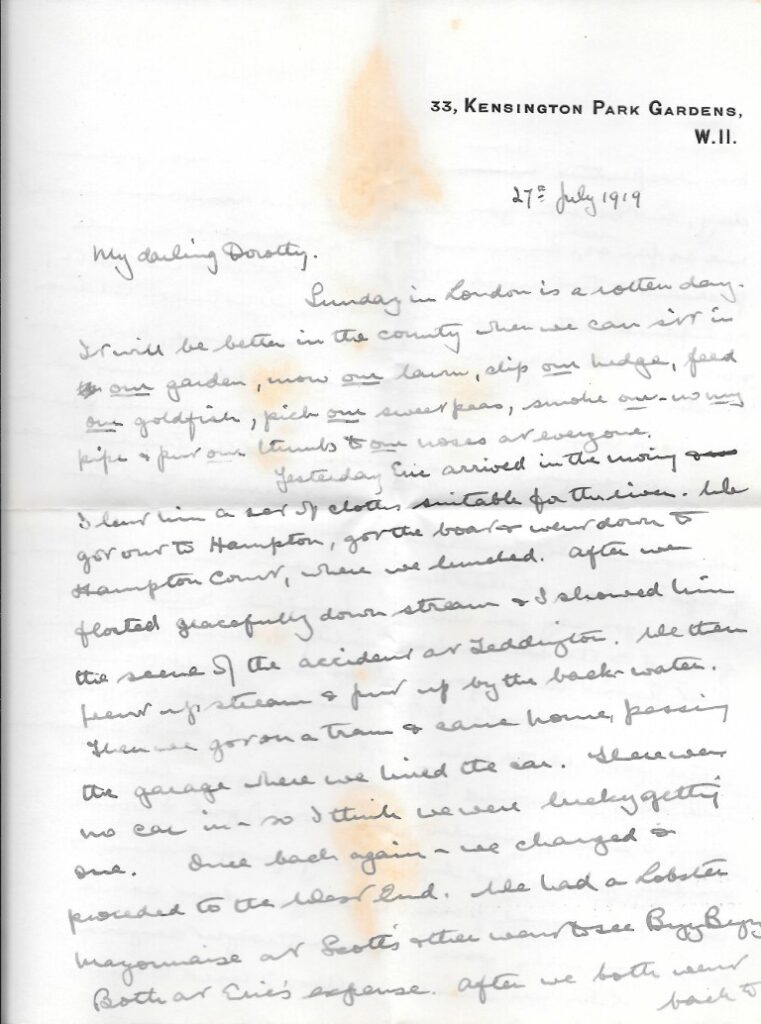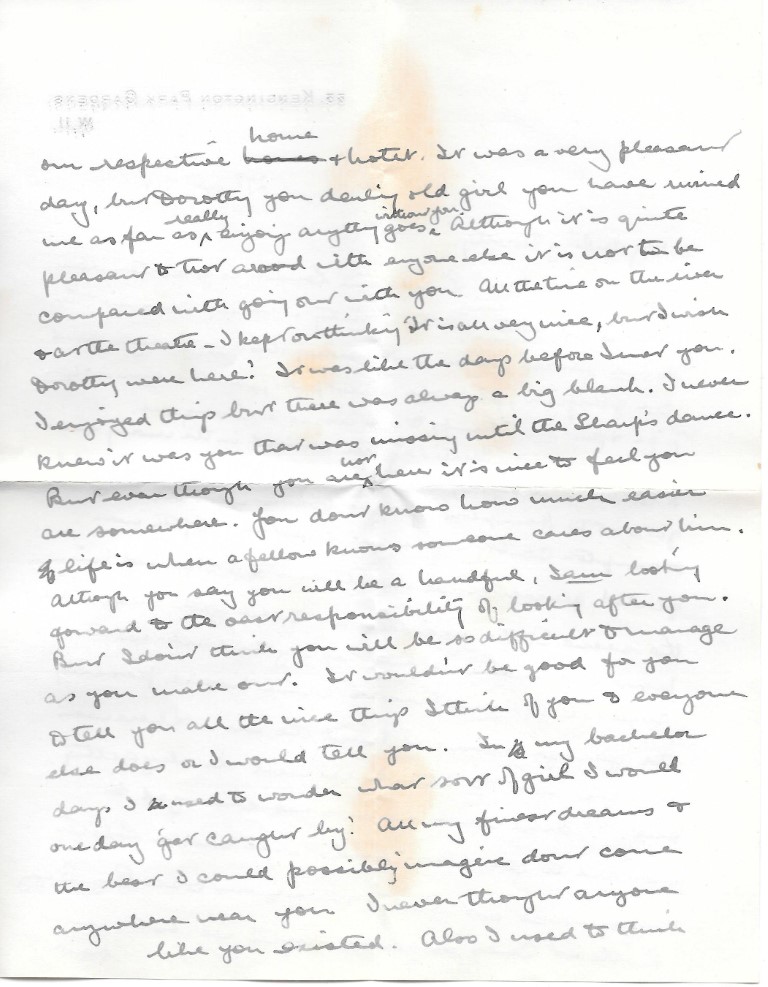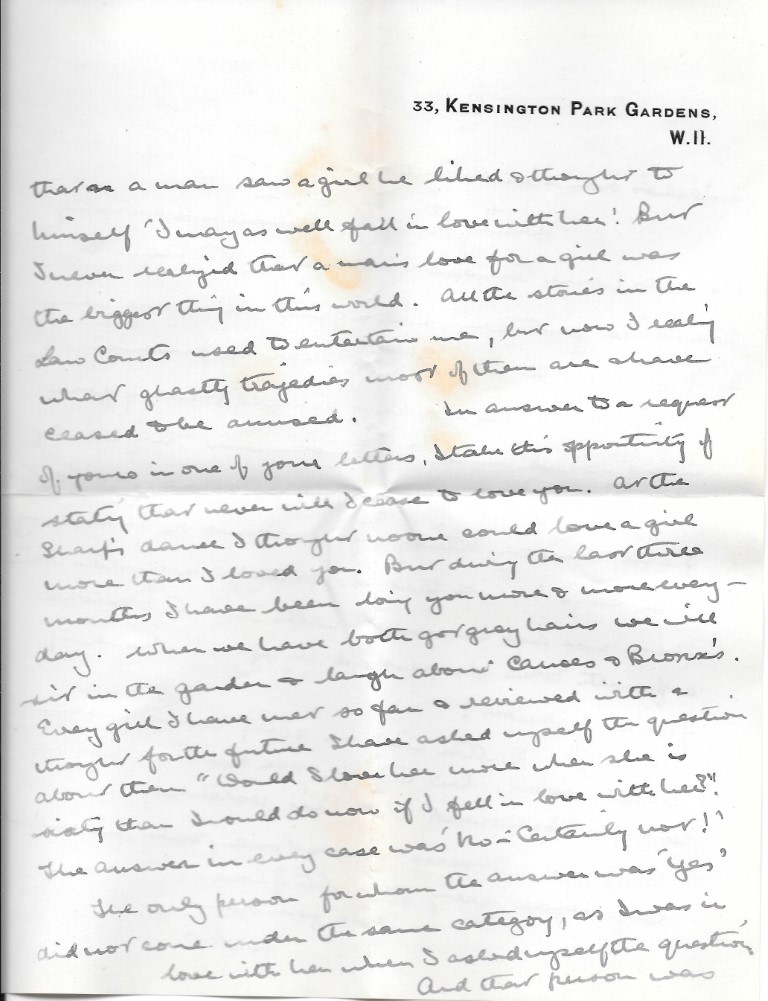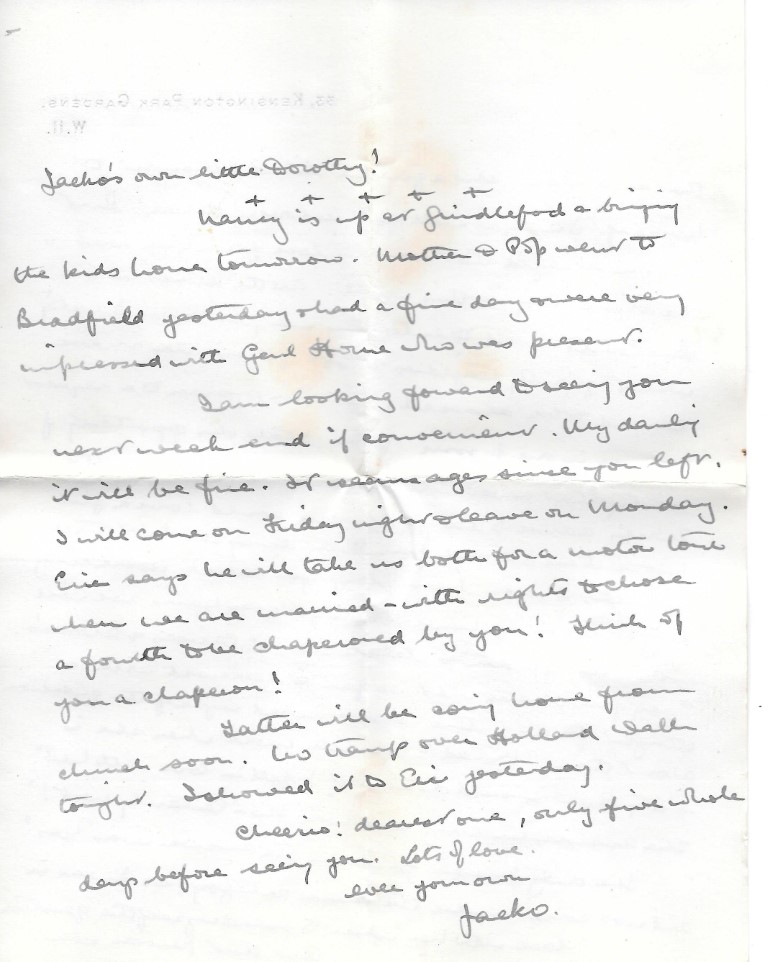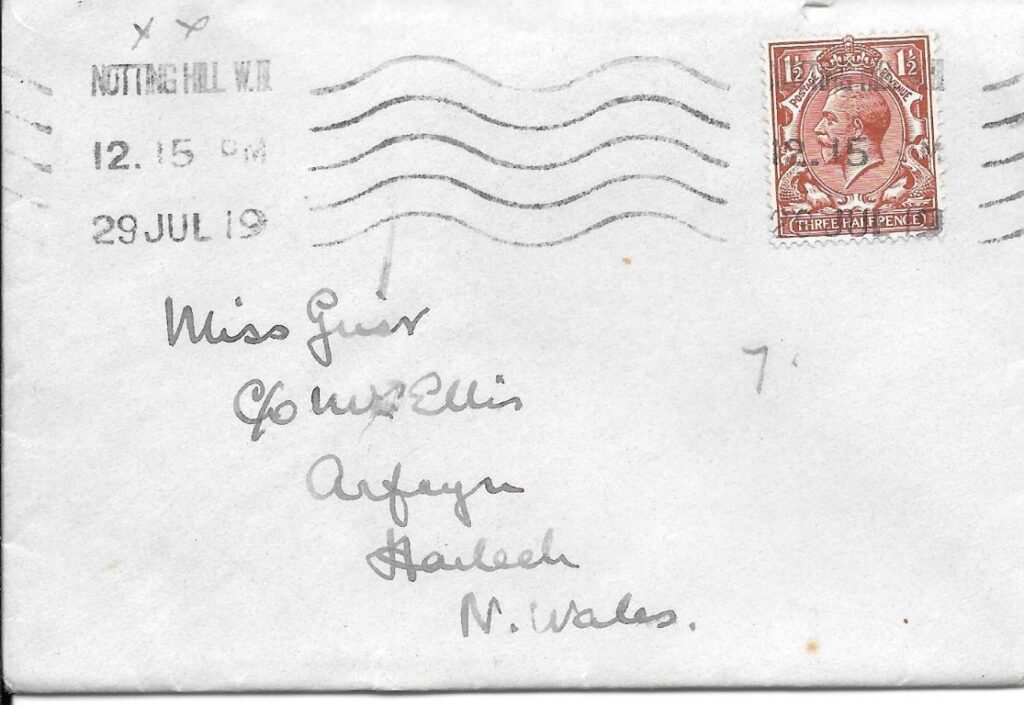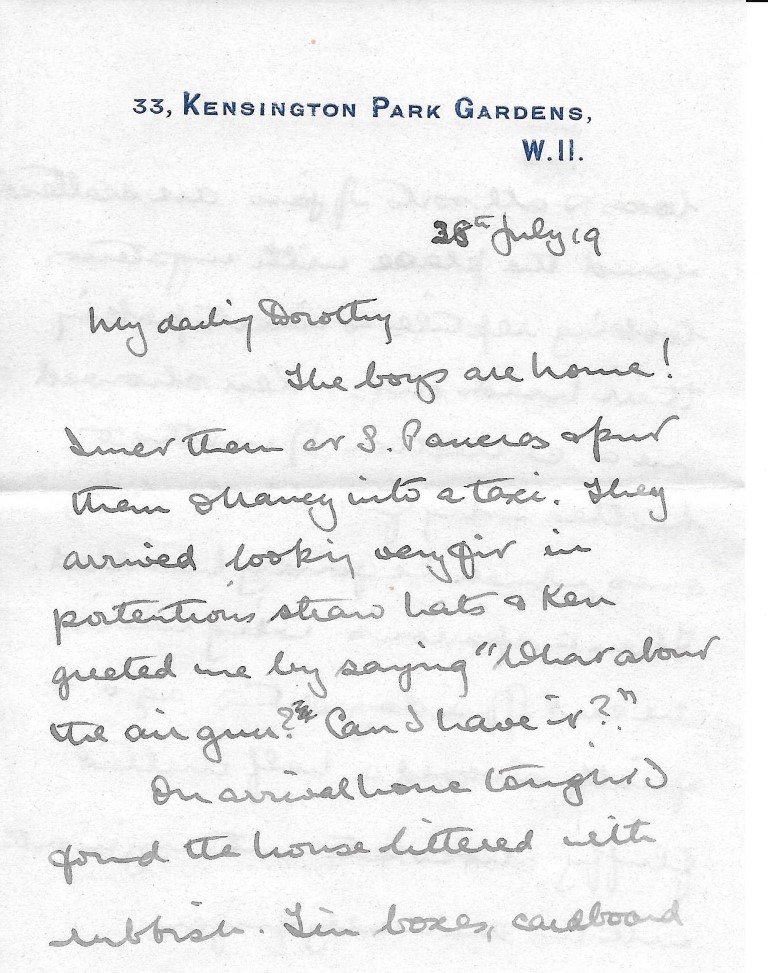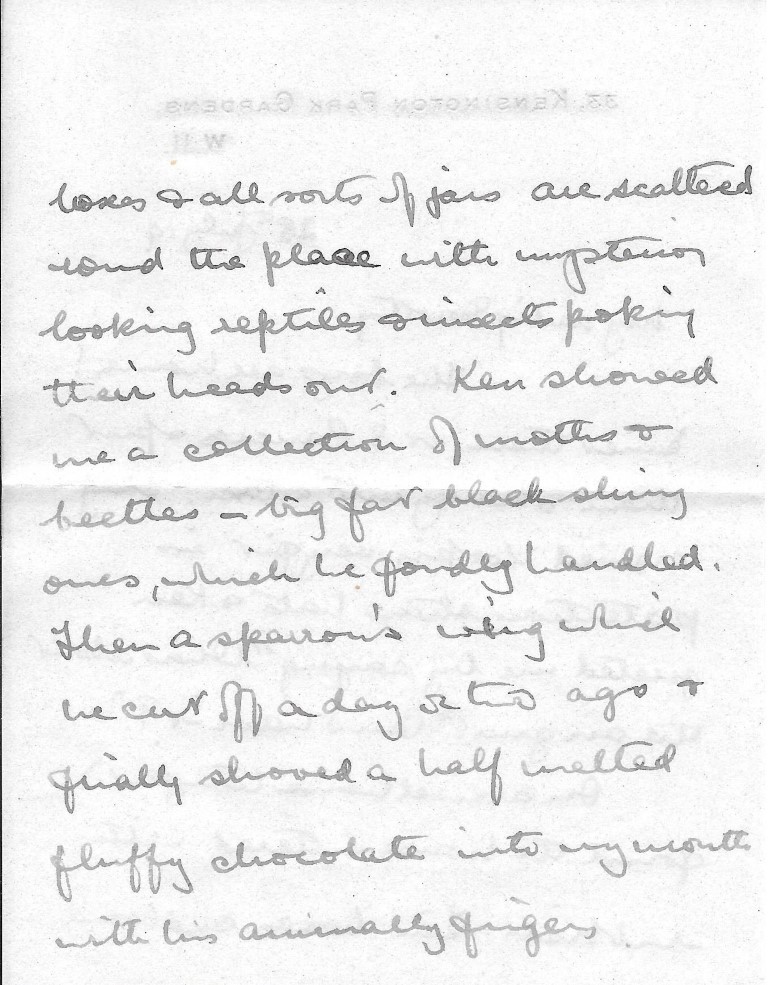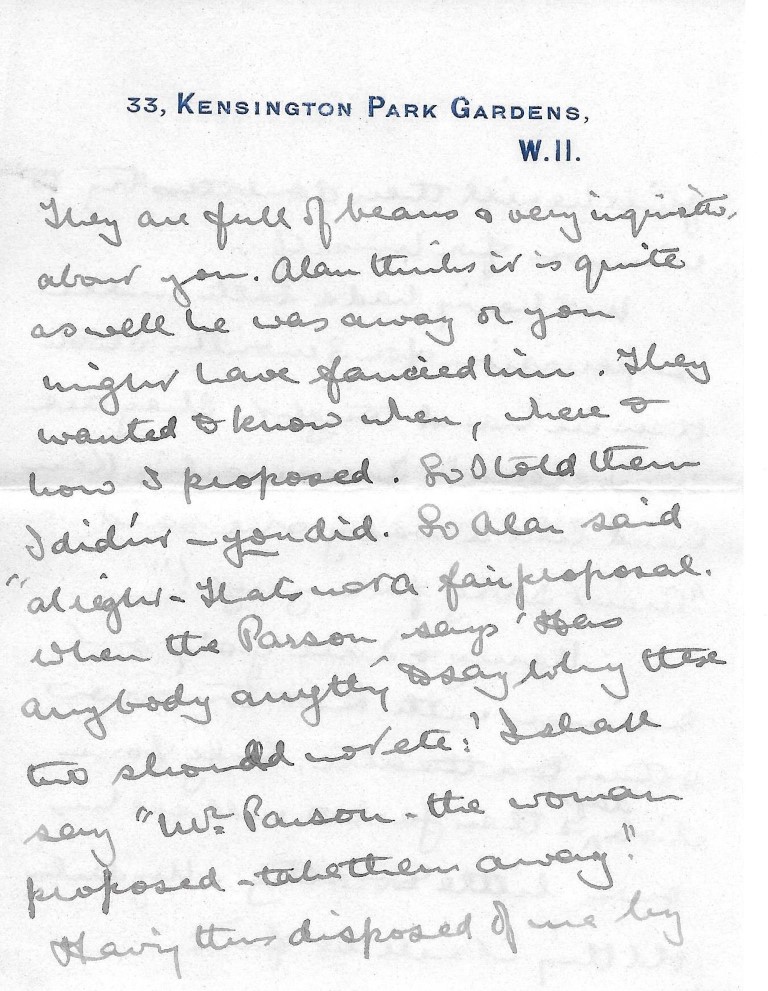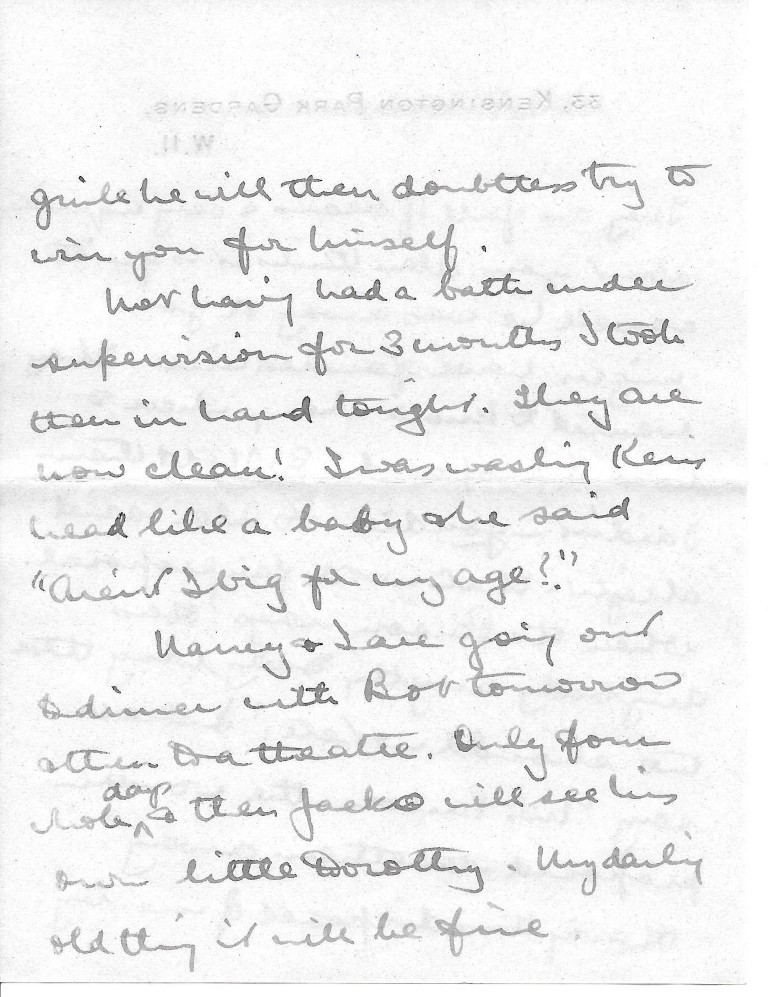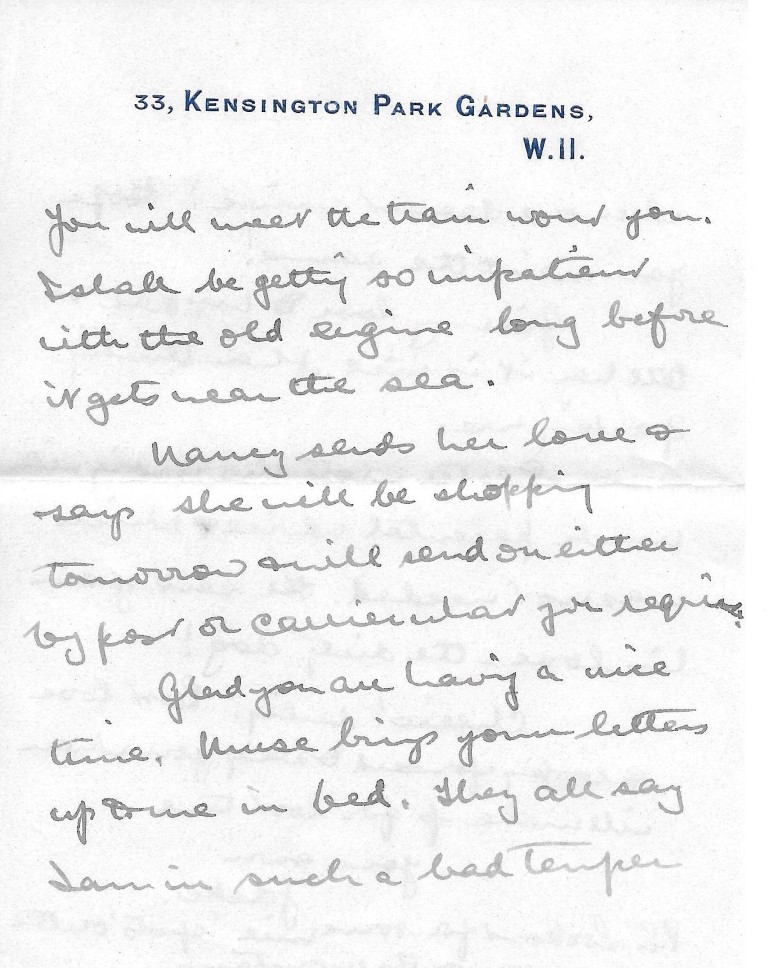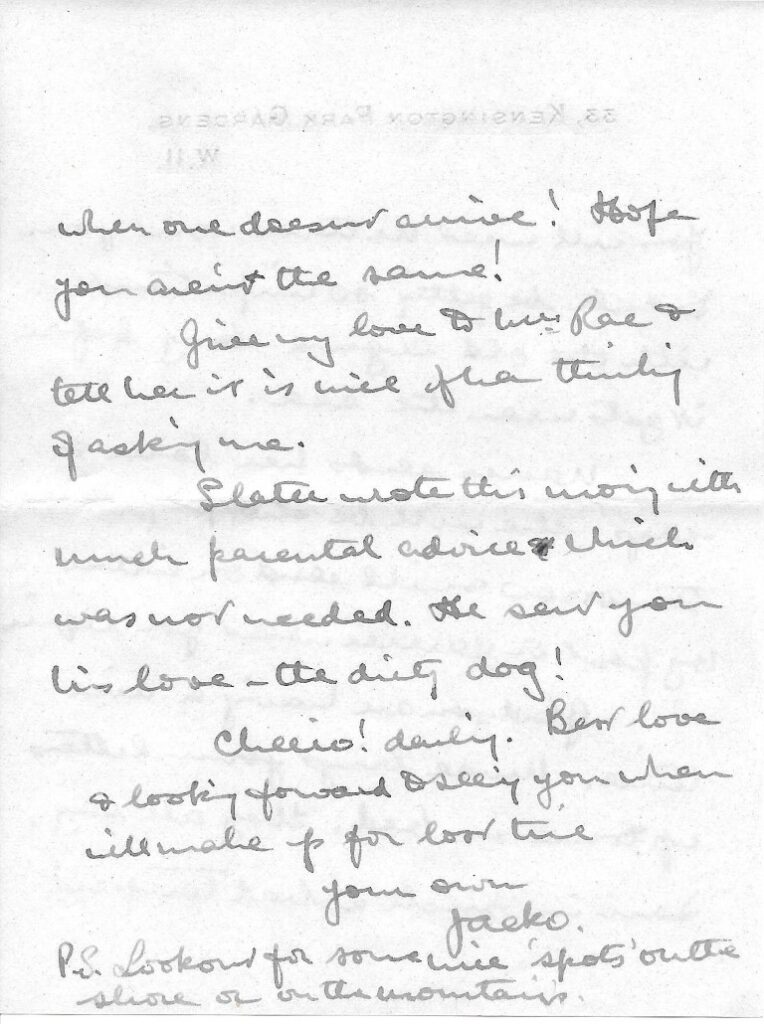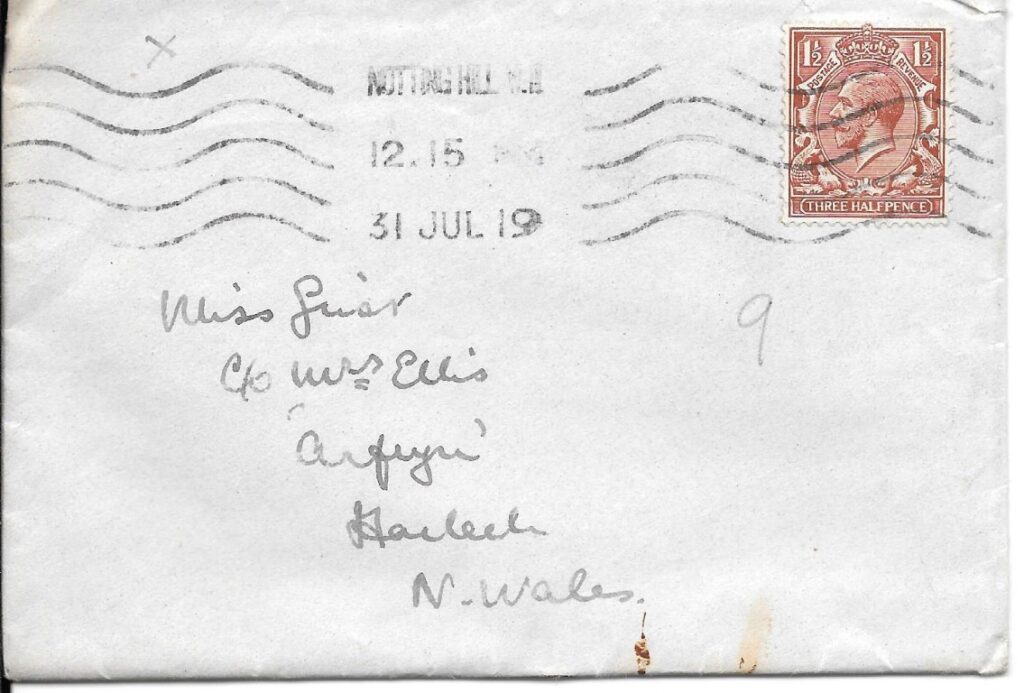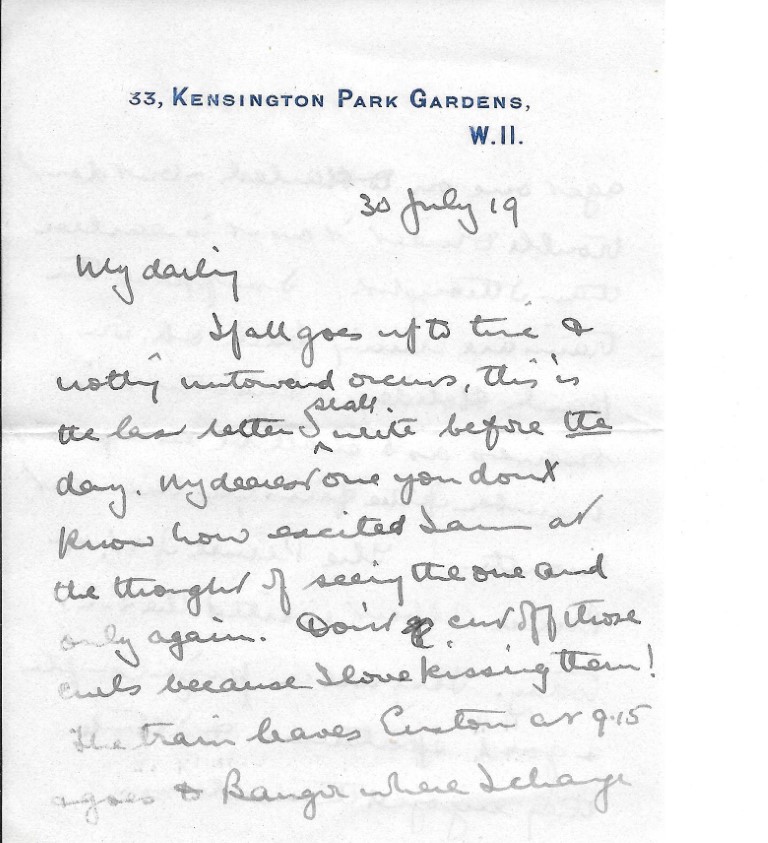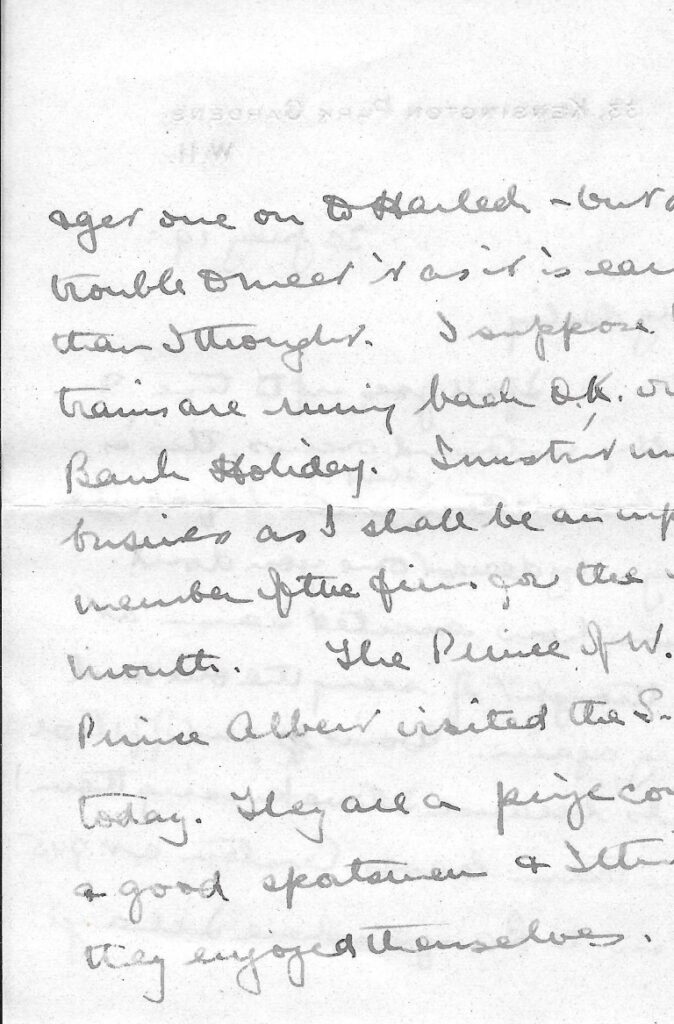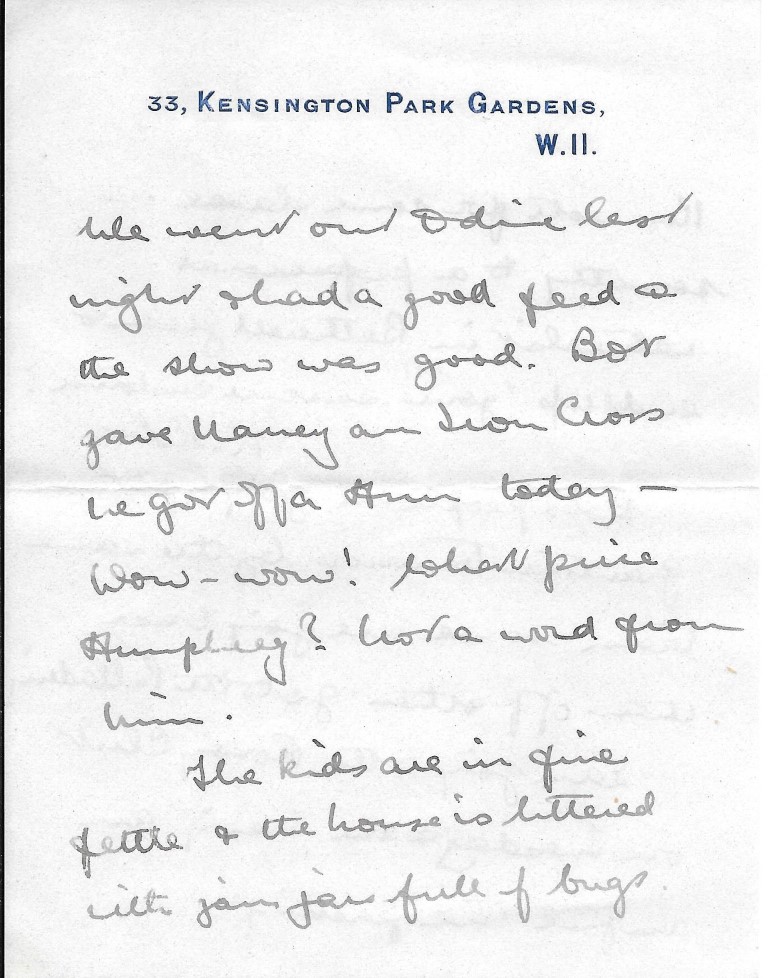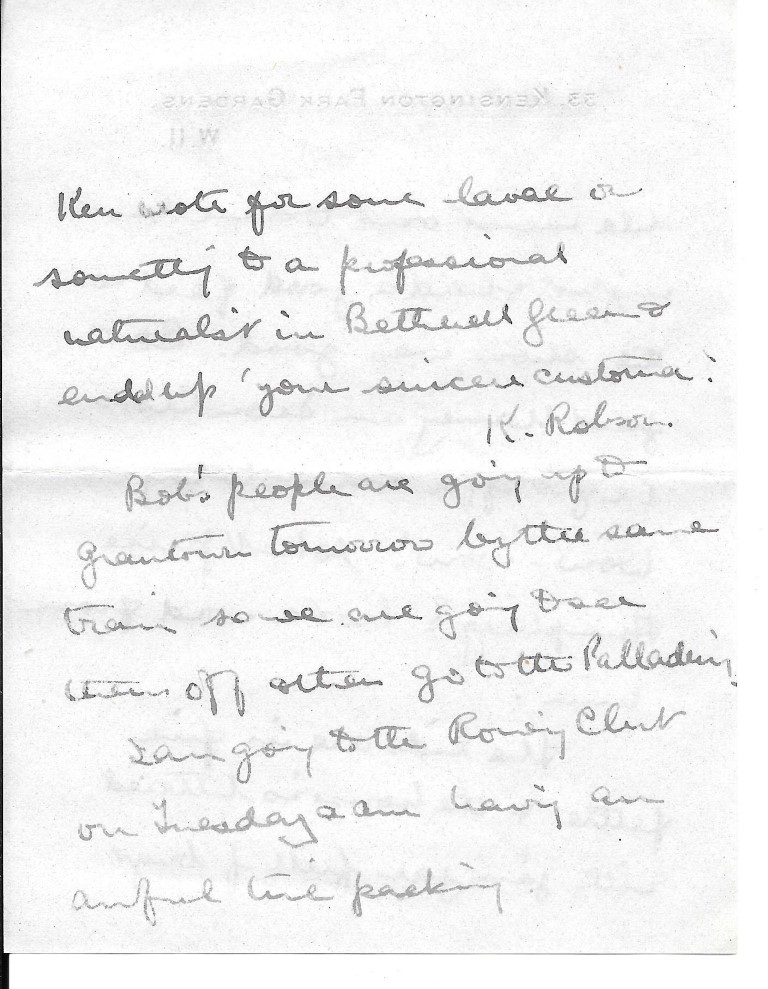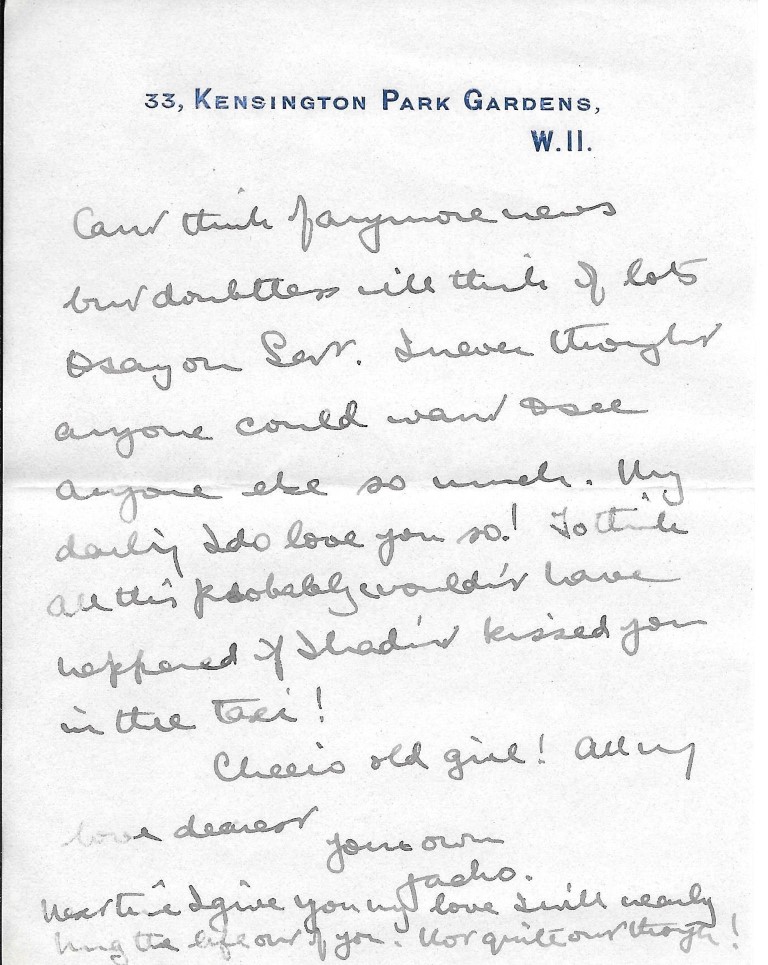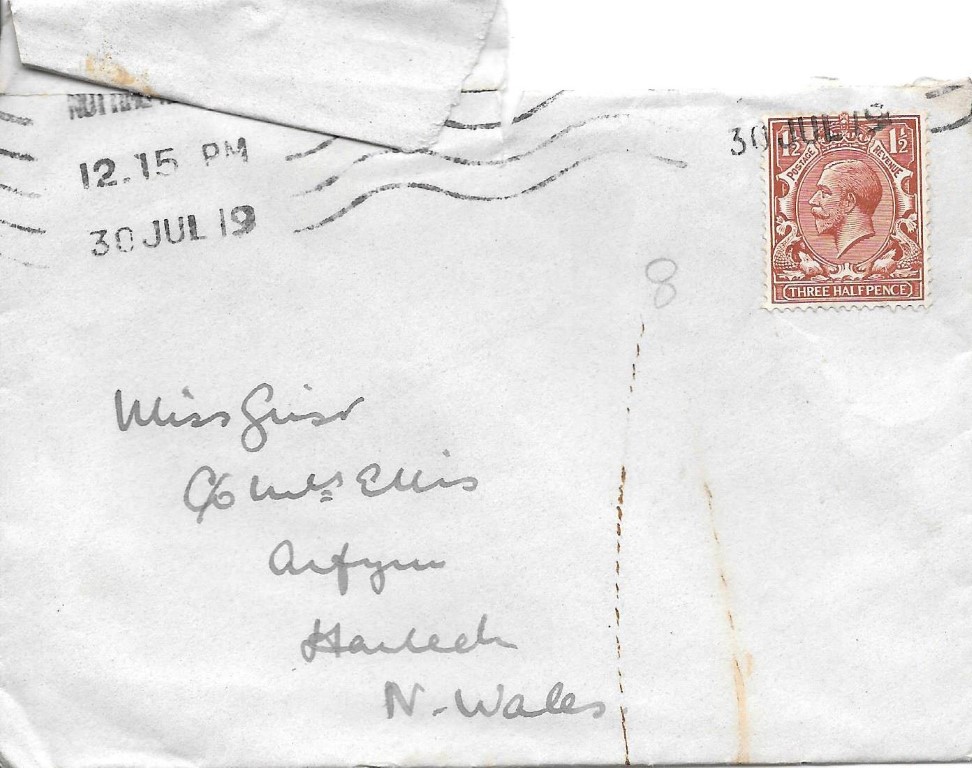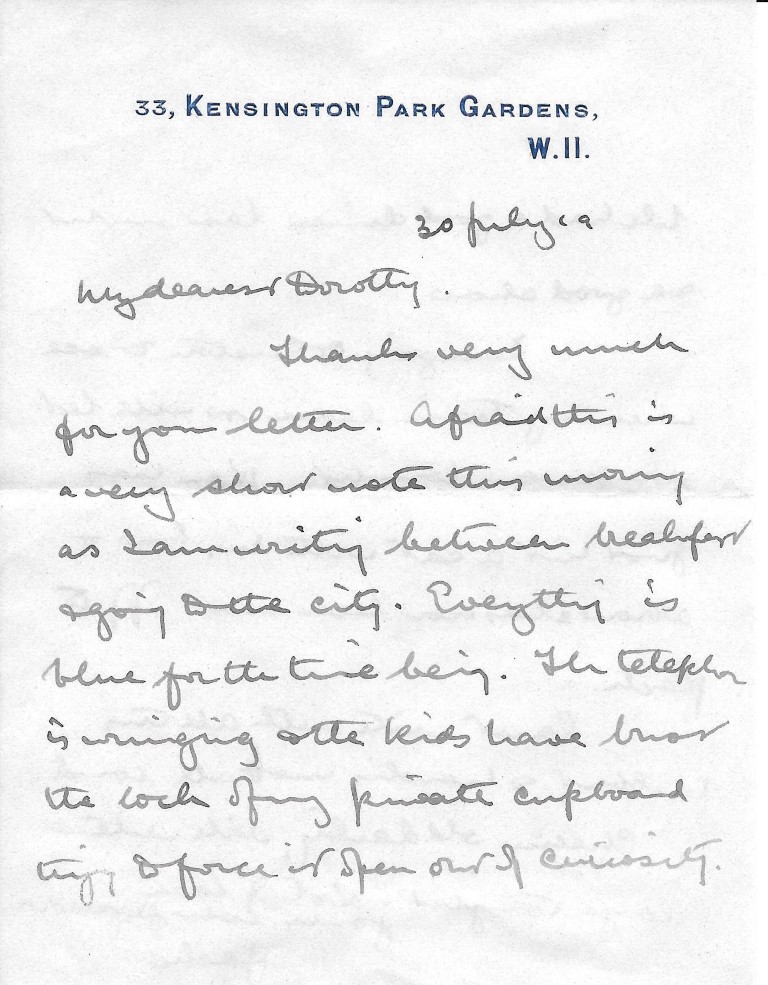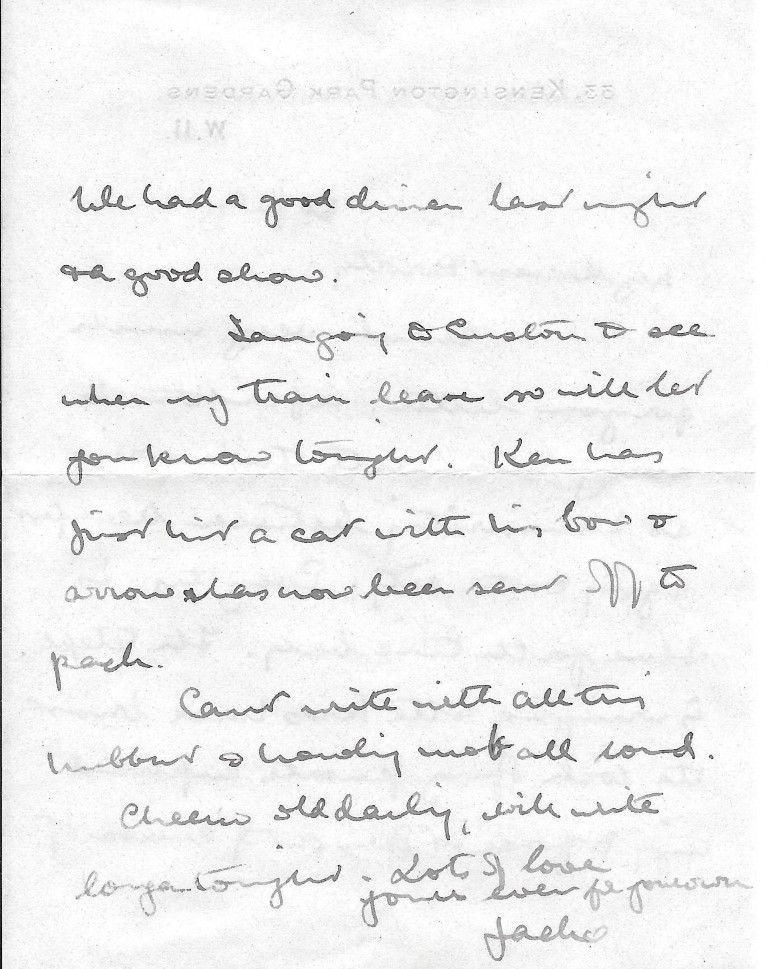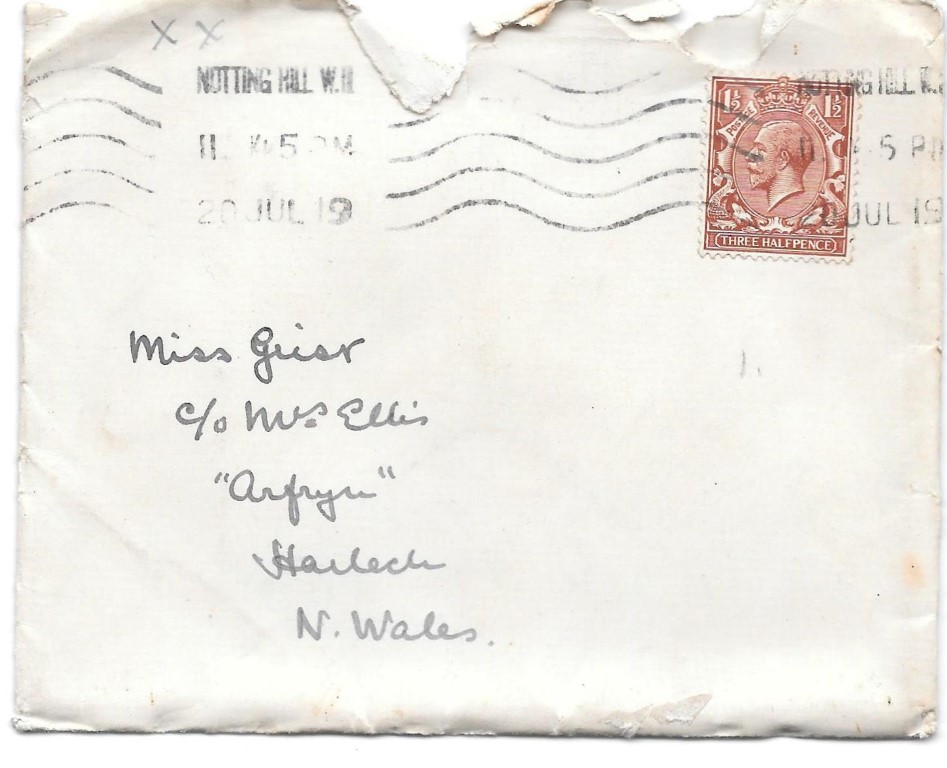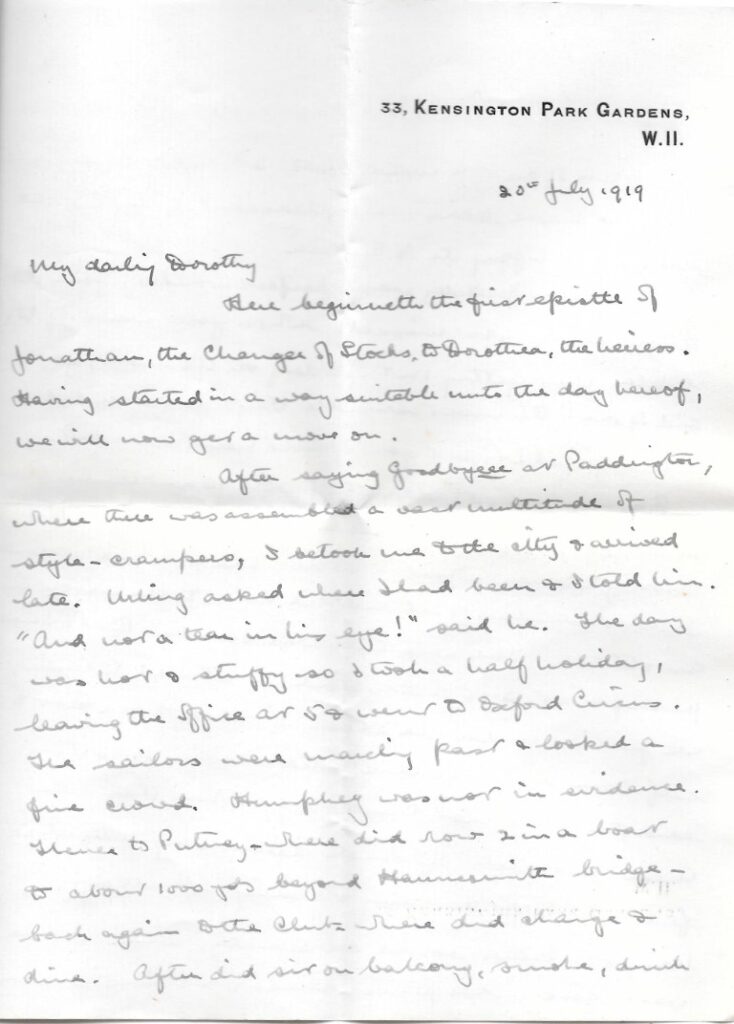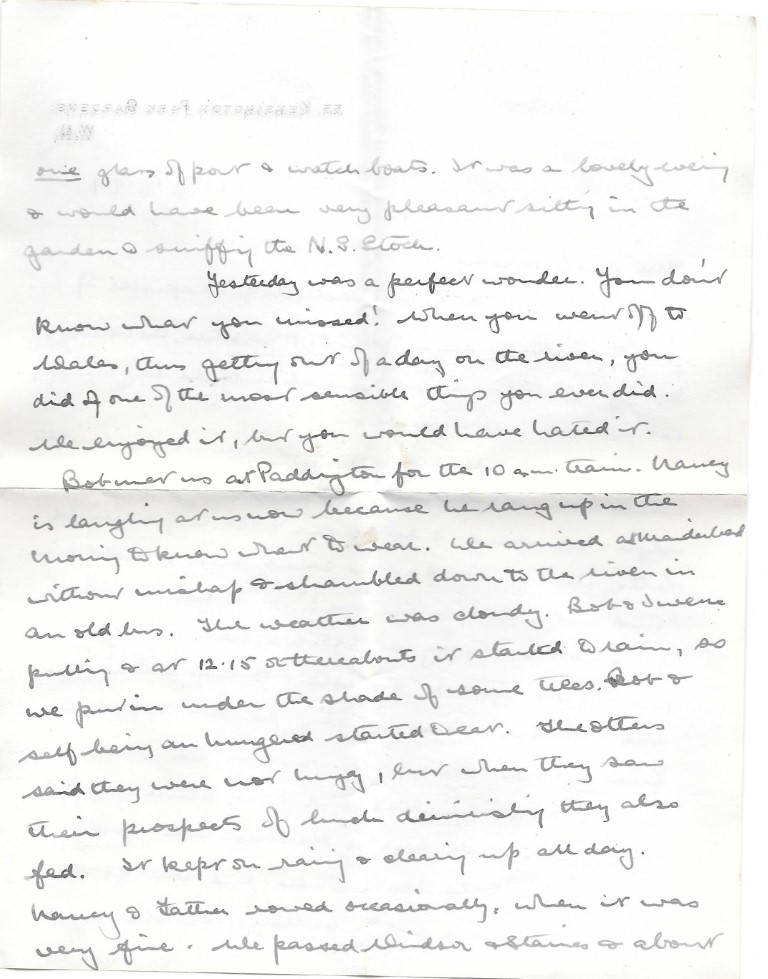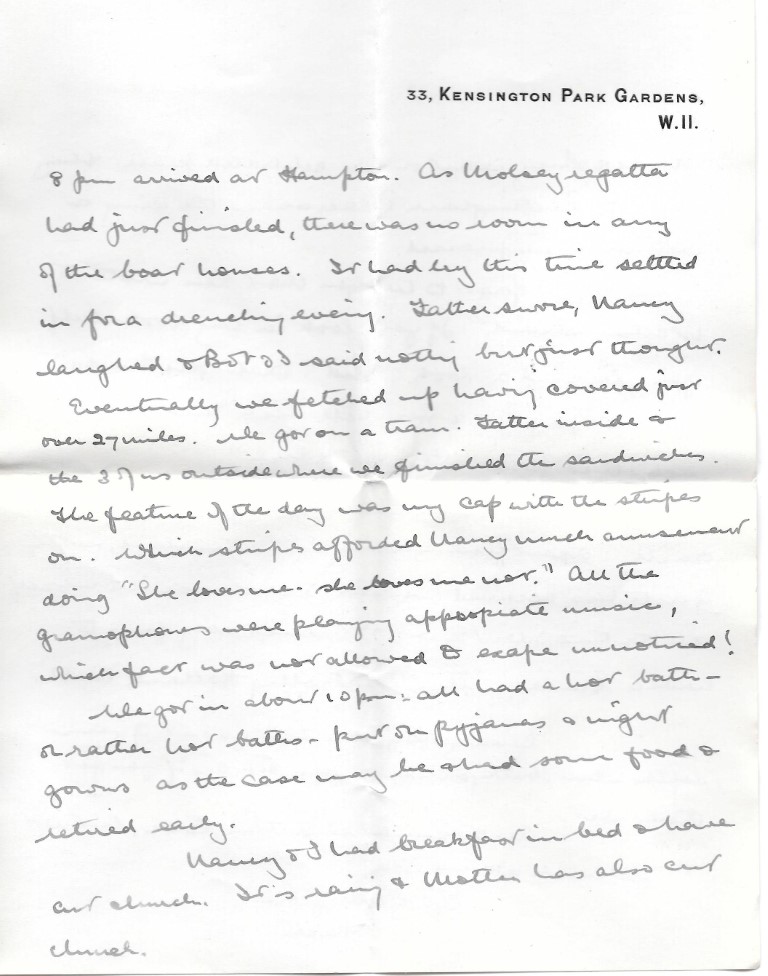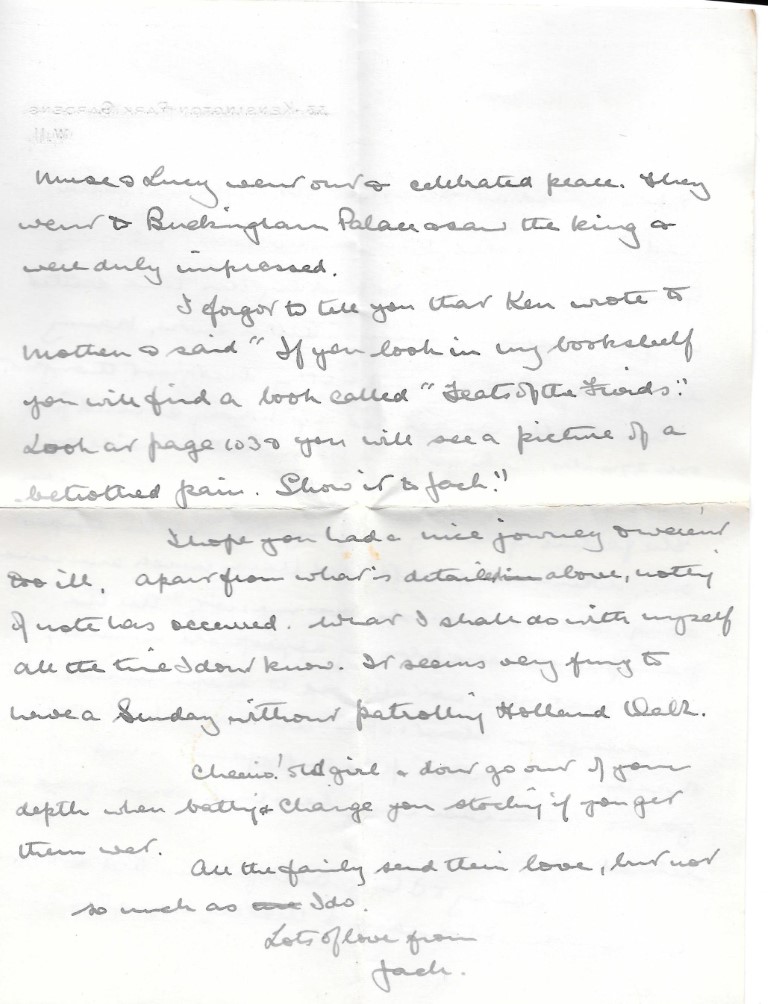A Post-War Romance: The Robson Letters of Jack and Dorothy (1919–1921)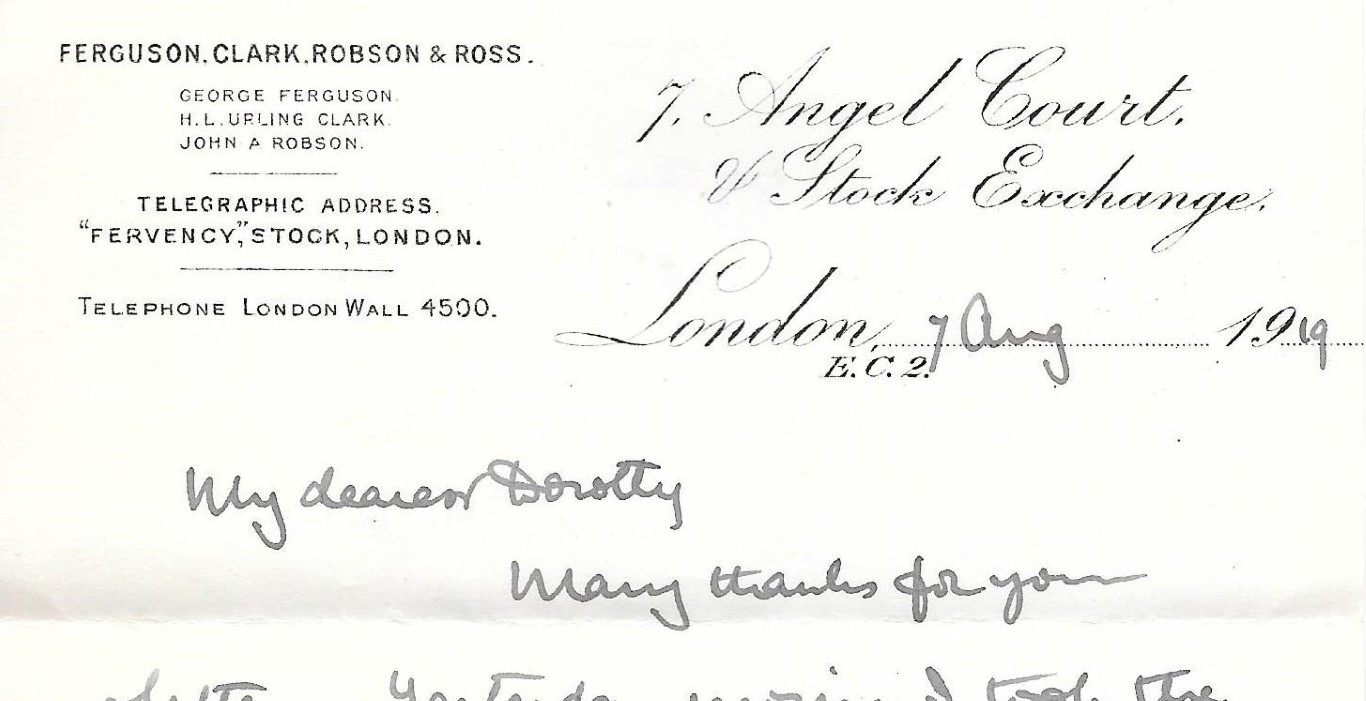
Discovered nearly a century after they were written, this extraordinary archive contains over 300 heartfelt letters exchanged between Jack Robson and Dorothy Grist — two young Britons navigating love, loss, and hope in the fragile peace that followed the First World War.
Their correspondence began just months after the Armistice and unfolds across more than two years, offering a deeply personal window into early post-war life in Britain.
Who Were Jack and Dorothy?
John Osborn Robson, known as Jack, was born on 6 June 1894 and died on 4 April 1978. A romantic soul and diligent correspondent, Jack began writing to Iris Dorothy Mary Grist (born 20 June 1895, died 6 November 1986) on 20 July 1919 — just three months after they first met on 25 April 1919.
Jack served in the Royal Flying Corps, later renamed the Royal Air Force in 1918. After the war, he joined the London stockbroking firm Ferguson, Clark, Robson and Ross, where his father, John Ajurere Robson (1864–1943), was a senior partner.
The Robson family endured personal tragedy during the war. Jack’s younger brother Edward Fawsett Robson died on 18 May 1918, aged just 19.
At the time he began writing to Dorothy, Jack was living at the family home — 33 Kensington Park Gardens, London W11.
Dorothy, meanwhile, resided at various locations throughout the UK, frequently moving address — possibly due to her work. While her profession remains unclear, she may have served as a private nurse or companion. Her movements are documented in our research notes.
A Sudden Proposal and a Growing Love
Jack’s early letters are filled with warmth and surprise at how quickly their relationship had blossomed. On 25 July 1919, he wrote:
“I like getting your letters you darling, for it is three months today since we met. Who’d have thought this would have been going on?”
In a bold twist, it appears that Dorothy proposed marriage to Jack — a highly unusual act for a woman in 1919.
‘The Boys’ – Jack’s Brothers
- Alan Boyd Robson (1907–1986), later a reverend
- Kenneth Robson (1909–1978), later knighted
Jack’s love for them is obvious, despite their occasional unruliness.
The Archive Today
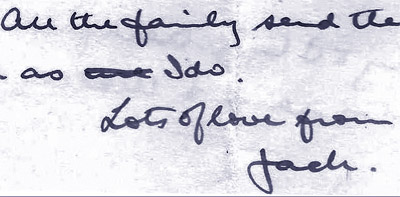 In November 2018, this unique archive was acquired via an online auction. It consists of meticulously preserved letters — many still in their original envelopes — some of which remain sealed and unread.
In November 2018, this unique archive was acquired via an online auction. It consists of meticulously preserved letters — many still in their original envelopes — some of which remain sealed and unread.
The correspondence captures not just a love story, but the spirit of a country rebuilding itself after unimaginable loss. Their final letters coincide with preparations for their wedding in June 1921.
Digitisation and Preservation
 Each letter is now being scanned and transcribed for public access. This is a time-consuming process, and some letters remain unopened for now, pending a decision on whether to preserve their sealed status or unlock their contents.
Each letter is now being scanned and transcribed for public access. This is a time-consuming process, and some letters remain unopened for now, pending a decision on whether to preserve their sealed status or unlock their contents.
1919 is now fully digitised (as of 6 December 2018).
Where Was Dorothy?
Below is a list of locations Dorothy wrote from during the second half of 1919 — her frequent moves remain partly unexplained but may relate to temporary domestic or nursing positions.
- 20 July – 16 August 1919:
c/o Mrs Ellis
“Arfryn”
Harlech, North Wales - 16 August – 23 September 1919:
Granish
Aviemore, Inverness - 23 – 25 September 1919:
c/o T. Anderson Esq.
The Milton
Monifieth, Forfarshire - 25 September – 7 October 1919:
c/o Major Carmichael
Balendoch
Meigle, Perthshire - 8 October onwards:
Woodthorpe
Colinton, Midlothian
Explore the Letters
- July 1919 Letters
- August 1919 Letters
- September 1919 Letters
- October 1919 Letters
- Undated 1919 Letters
A Living Archive of Love and History
This is more than a love story. It is a living chronicle of post-war British society — a blend of class, duty, grief, and emotional honesty.
Each letter brings us closer to Jack and Dorothy, whose lives remind us how the ordinary can become extraordinary through time, care, and memory.

